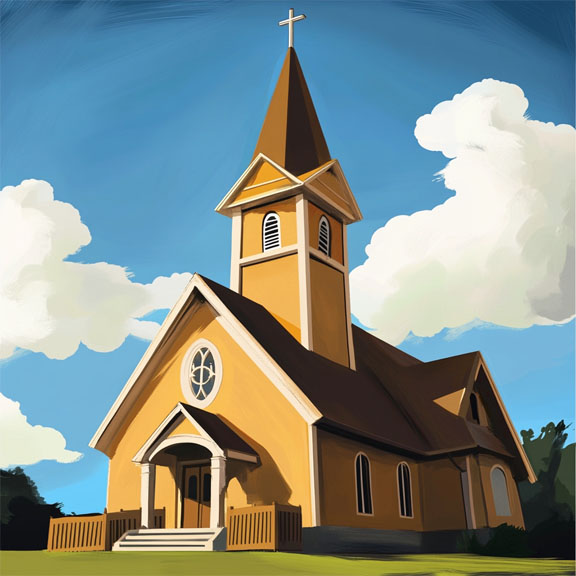
"Religious liberty is often seen as a fundamental right, derived from an historical context of fleeing persecution, yet it demands limits to ensure collective freedoms."
"True freedom, including religious liberty, is paradoxical, as meaningful rights come with restrictions based on the necessity to coexist peacefully with others' rights."
The article discusses the foundational myth of religious liberty in the U.S. emphasizing that, despite its historical roots in fleeing persecution, it inherently requires limitations. It argues that just as property rights necessitate restrictions for meaningful ownership, religious freedom must also impose limits to protect others' rights. Referencing Hobbes and Mill, the text posits that determining these limits is essential to balancing personal liberties with collective social responsibilities, thereby navigating the complexities of law, ethics, and religion.
Read at A Philosopher's Blog
Unable to calculate read time
Collection
[
|
...
]